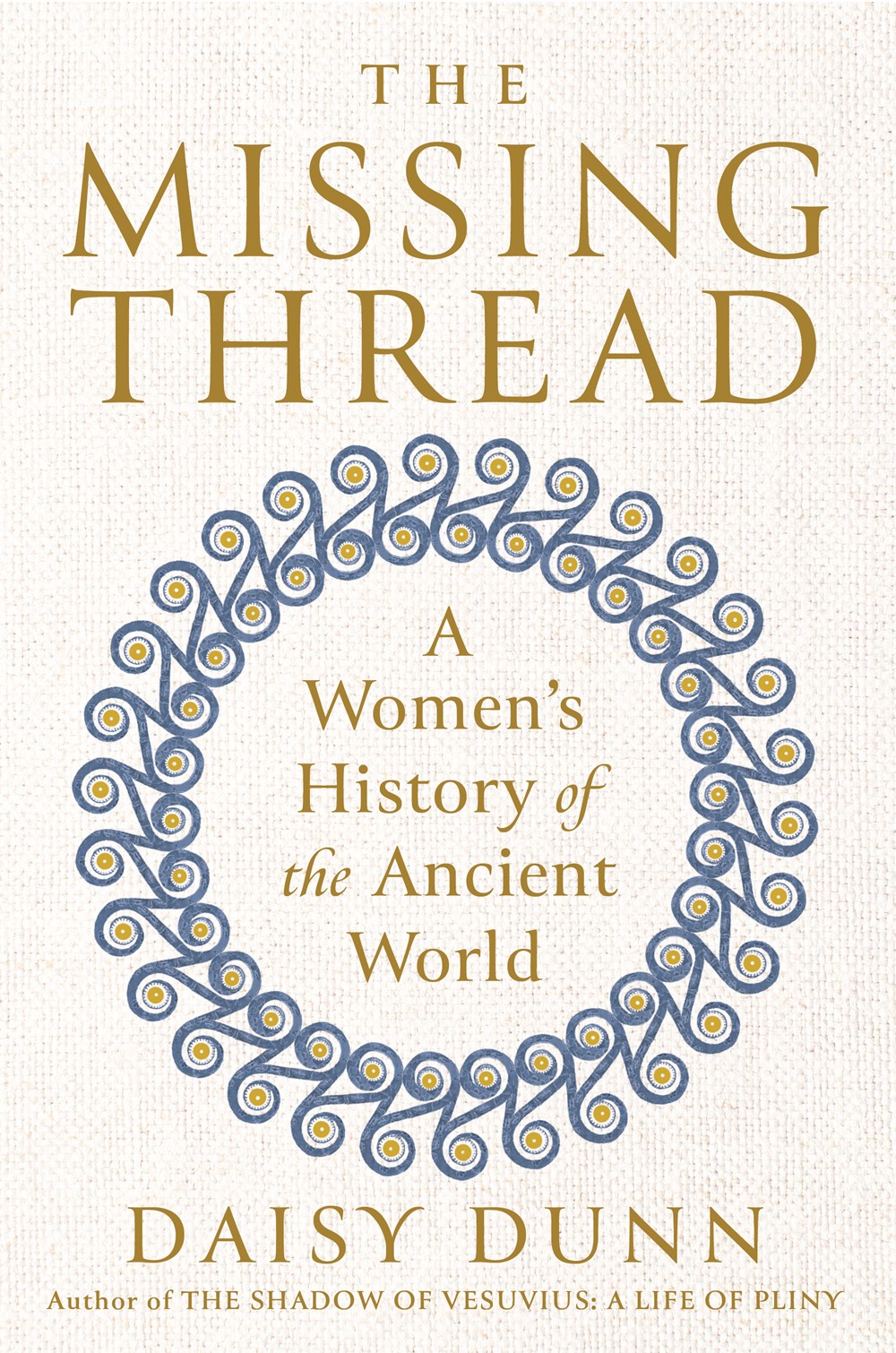2018 School Spending Survey Report
The Missing Thread: A Women’s History of the Ancient World
COPY ISBN
VERDICT A fascinating, highly recommended history with women at its core.
RELATED
ALREADY A SUBSCRIBER? LOG IN
We are currently offering this content for free. Sign up now to activate your personal profile, where you can save articles for future viewing




Comment Policy:
Comment should not be empty !!!